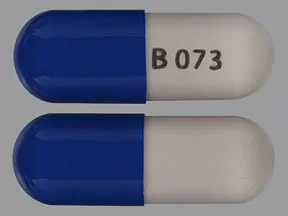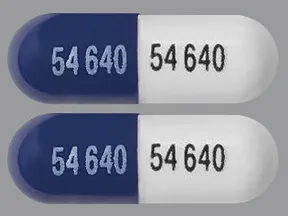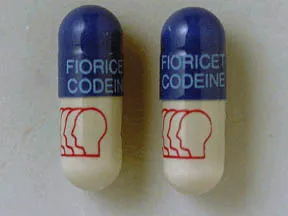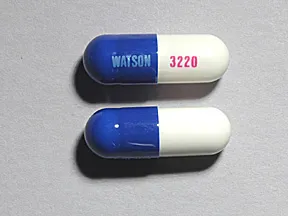See also Warning section.
Drug interactions may change how your medications work or increase your risk for serious side effects. This document does not contain all possible drug interactions. Keep a list of all the products you use (including prescription/nonprescription drugs and herbal products) and share it with your doctor and pharmacist. Do not start, stop, or change the dosage of any medicines without your doctor's approval.
Some products that may interact with this drug include: darunavir, isoniazid, lithium, methoxyflurane, naltrexone, other medications for pain (such as morphine, nalbuphine, pentazocine), phenothiazines (such as chlorpromazine), samidorphan, sodium oxybate.
This drug can speed up the removal of other drugs from your body, which may affect how they work. Examples of affected drugs include doxycycline, estrogen, felodipine, lonafarnib, quinidine, rilpivirine, tamoxifen, theophylline, "blood thinners" (such as warfarin), certain beta blockers (such as metoprolol), corticosteroids (such as prednisone), among others.
The risk of serious side effects (such as slow/shallow breathing, severe drowsiness/dizziness) may be increased if this medication is taken with other products that may also cause drowsiness or breathing problems. Tell your doctor or pharmacist if you are taking other products such as other opioid pain or cough relievers (such as morphine, hydrocodone), alcohol, marijuana (cannabis), drugs for sleep or anxiety (such as alprazolam, lorazepam, zolpidem), muscle relaxants (such as carisoprodol, cyclobenzaprine), or antihistamines (such as cetirizine, diphenhydramine).
Check the labels on all your medicines (such as allergy or cough-and-cold products) because they may contain caffeine or ingredients that cause drowsiness. Certain beverages (such as coffee, colas, tea) may also contain caffeine. Ask your pharmacist about using those products safely.
Other medications can affect the removal of this product from your body, which may affect how this product works. Examples include azole antifungals (such as ketoconazole), bupropion, fluoxetine, macrolide antibiotics (such as erythromycin), levoketoconazole, paroxetine, quinidine, rifamycins (such as rifabutin, rifampin), ritonavir, certain drugs used to treat seizures (such as carbamazepine, phenytoin), among others.
This medication may decrease the effectiveness of hormonal birth control such as pills, patch, or ring. This could cause pregnancy. Discuss with your doctor or pharmacist if you should use reliable backup birth control methods while using this medication. Also tell your doctor if you have any new spotting or breakthrough bleeding, because these may be signs that your birth control is not working well.
This medication may interfere with certain medical/lab tests (such as urine 5-HIAA levels, urine VMA levels, urine catecholamine levels, amylase and lipase levels, dipyridamole-thallium imaging tests), possibly causing false test results. Make sure lab personnel and all your doctors know you use this drug.





